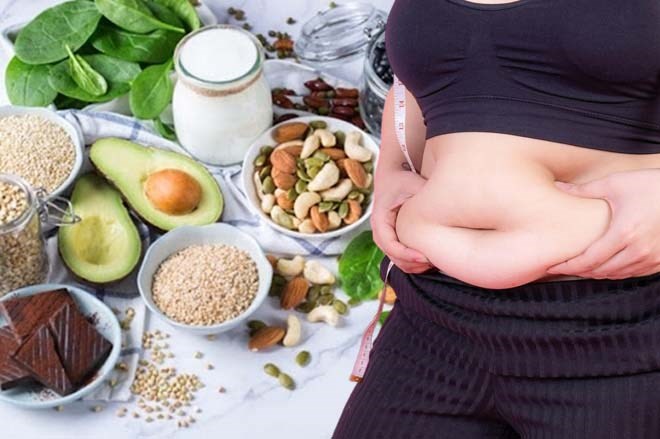
Vegetables and fruits
Vegetables provide a variety of nutrients, including antioxidants that can help your body protect itself from infection and disease.
Vegetables rich in fiber can be especially helpful for people looking to inhibit candida growth. Vegetables rich in fiber include kale, spinach, broccoli, artichokes, cabbage, avocados...
Carbohydrate
Complex carbohydrates, such as whole grains and starchy vegetables, provide rich nutrients, fiber and glucose — your body's main source of energy.
According to the University of Maryland Medical Center, eating a diet rich in B vitamins and vitamin C can help prevent or reduce candida symptoms. Long-grain brown rice, oats, barley, and quinoa are all naturally yeast-free and rich in B vitamins.
Protein rich foods
Protein aids in lean tissue growth and tissue repair. Since protein-rich foods are slow to digest, they tend to promote positive blood sugar balance. An effective anti-candida diet is one that is free of fermented foods, such as cheese and dairy products.
Many protein-rich foods are yeast-free and suitable for an anti-candida diet. Always choose lean, natural protein sources, such as chicken breast, beans, lentils, peas, etc.
According to the University of Maryland Medical Center, omega-3 fatty acids may help prevent candida outbreaks. To reap the benefits of omega-3 fats, regularly consume fatty fish, such as salmon, tuna, sardines, herring, mackerel, and halibut.
Source: https://laodong.vn/suc-khoe/3-thuc-pham-giup-chong-lai-nam-candida-va-can-bang-noi-tiet-to-1358582.ldo


































































































Comment (0)